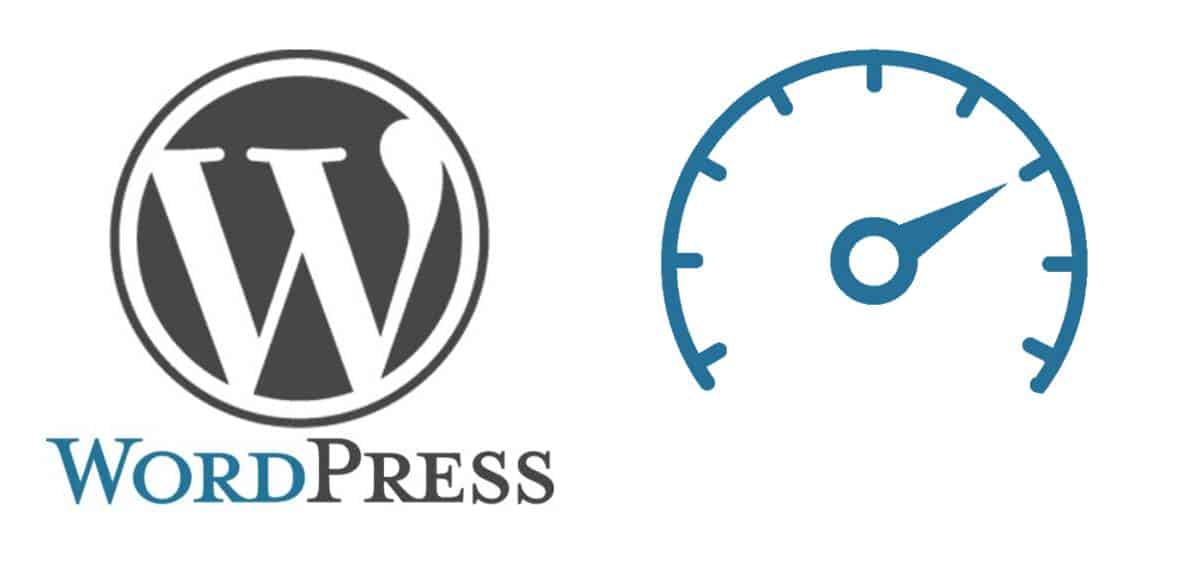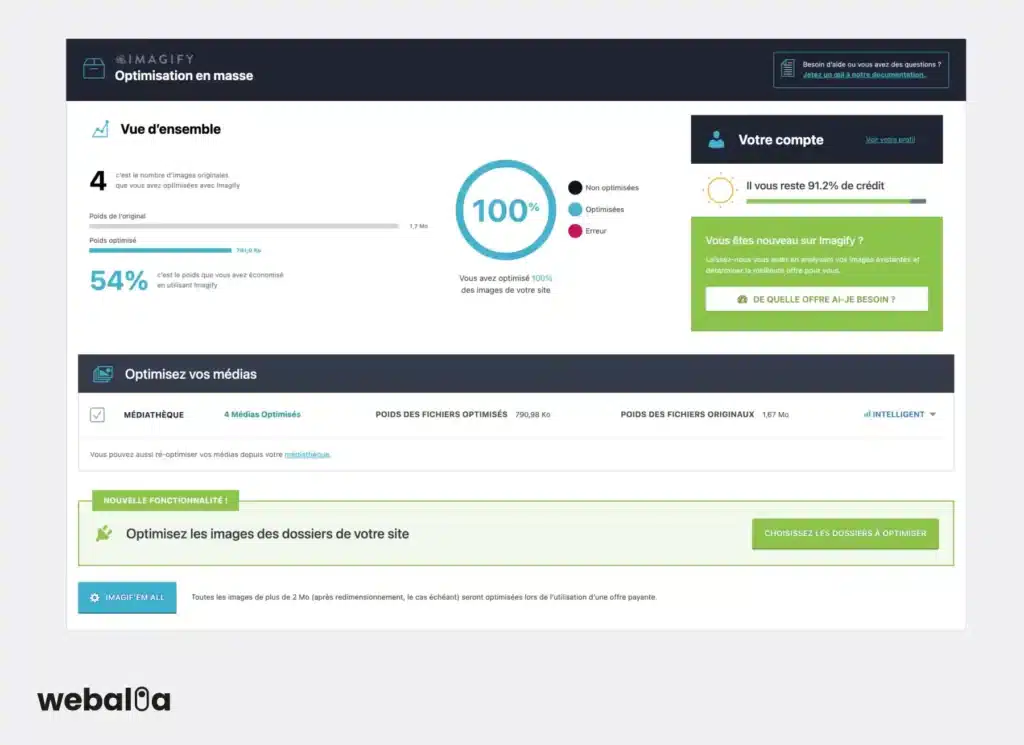Optimizing and automating your WordPress site is the key to achieving lasting online success. With a multitude of features and tools available, it has become essential to make the most of this powerful platform. By maximizing loading speed, improving search engine optimization, and simplifying management processes, you can not only retain your audience but also attract new visitors.
Let’s start by addressing the basics of optimization: reducing image sizes, using cache plugins, and minimizing unused scripts and styles. These simple adjustments can have a significant impact on your site’s performance. Next, automation becomes a valuable ally. Integrating suitable tools can lighten your workload, giving you more time to focus on strategic tasks.
By applying these techniques, you position yourself to ensure not only the sustainability of your site but also its continuous growth. It is a smart investment to maximize your online presence.
Optimizing and automating your WordPress site is essential for ensuring its success online. Start by using SEO plugins that improve your site’s visibility on search engines. A good plugin should integrate performance analysis features to track your traffic. To enhance loading speed, consider tools like W3 Total Cache and focus on optimizing images to reduce their size. Automating repetitive tasks can be accomplished through extensions like Uncanny Automator, which allows you to establish efficient workflows. By integrating analysis tools and optimizing settings, you can not only improve your site’s performance but also free up time to focus on digital marketing strategies.

Optimizing and automating your WordPress site is essential for guaranteeing its success on the web. By combining effective optimization techniques with automation tools, you can enhance the performance of your site, reduce loading times, and lighten your daily workload. This article will guide you through best practices and tools to achieve a higher level of efficiency.
Table of Contents
ToggleImportance of Optimizing Your WordPress Site
The optimization of your WordPress site is crucial not only for SEO but also for user experience. A well-optimized site loads quickly, which reduces bounce rates and increases visit duration. Promoting a clear site structure and a responsive design helps capture and retain visitor attention. Therefore, it is imperative to implement techniques such as image optimization, caching, and minifying CSS and JavaScript files.
Automating Tasks with Effective Tools
Using automation tools like Uncanny Automator can greatly simplify the management of your WordPress site. These tools eliminate repetitive tasks, such as content updates or email sending, allowing you to focus on strategic tasks. By integrating platforms like Zapier, you can automate various actions between different applications without needing programming skills.
Essential Plugins for Optimizing WordPress
To effectively optimize your site, there are several plugins that are indispensable. For example, the AIOSEO plugin allows you to manage your SEO and optimize your pages for search engines without requiring advanced technical skills. Similarly, W3 Total Cache can significantly improve your site’s speed by reducing file sizes. Using Google Analytics is also recommended to track and analyze your site’s traffic, enabling you to adjust your strategy accordingly.
Cache Techniques to Improve Speed
Focusing on caching is a powerful method to improve the loading speed of your pages. By storing static versions of your site, you reduce server response times and enhance overall performance. Browser caching, combined with server-side caching systems, decreases the load on your server and ensures a smooth user experience.
Measuring and Analyzing Your Site’s Performance
To ensure continuous optimization, it is essential to regularly measure your site’s performance. Tools like Google Analytics or GTmetrix provide detailed statistics on visitor behavior and page loading speed. These data will help you identify weaknesses and implement necessary adjustments for optimal operation.
Leveraging AI for SEO
The power of artificial intelligence can be used to transform your SEO strategy. AI-based tools can analyze your content, suggest improvements, and predict search trends to help you position effectively. This allows you to stay ahead of your competitors and tailor your content according to your audience’s expectations.
Additional Resources to Deepen Your Knowledge
To go further in optimizing and automating your WordPress, online resources are at your disposal. For example, this comprehensive guide on digital marketing offers insightful tips. Additionally, this article on deployment automation shows how to integrate these processes into a broader strategy. You will thus be able to leverage industry best practices and incorporate the latest innovations into your approach.











